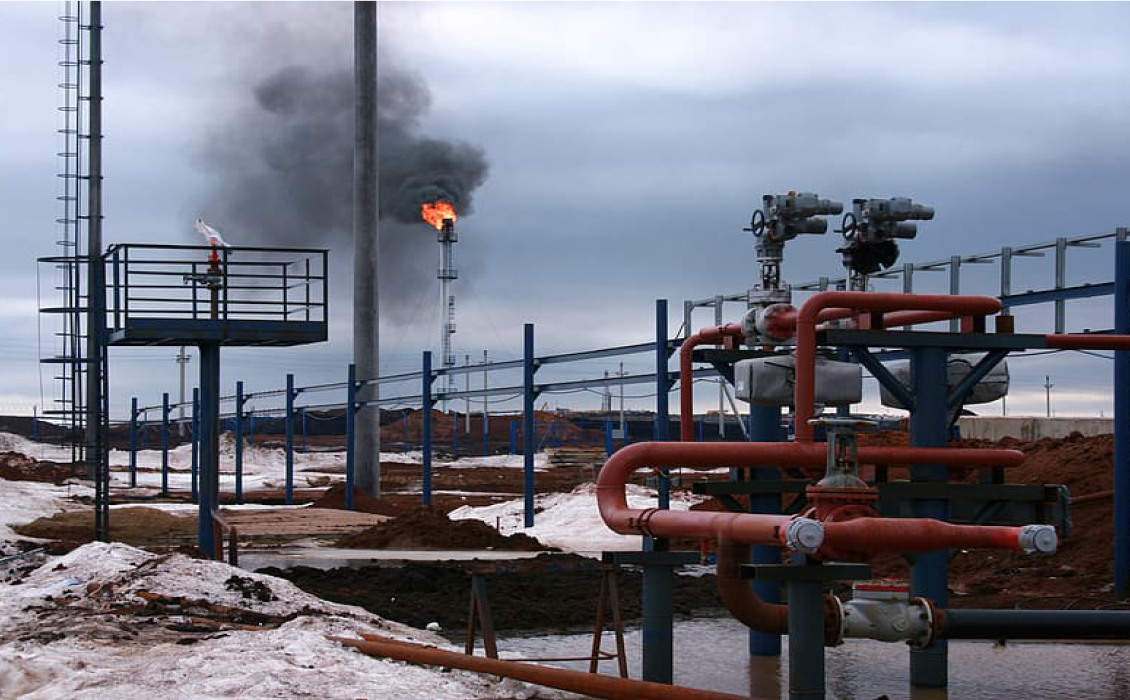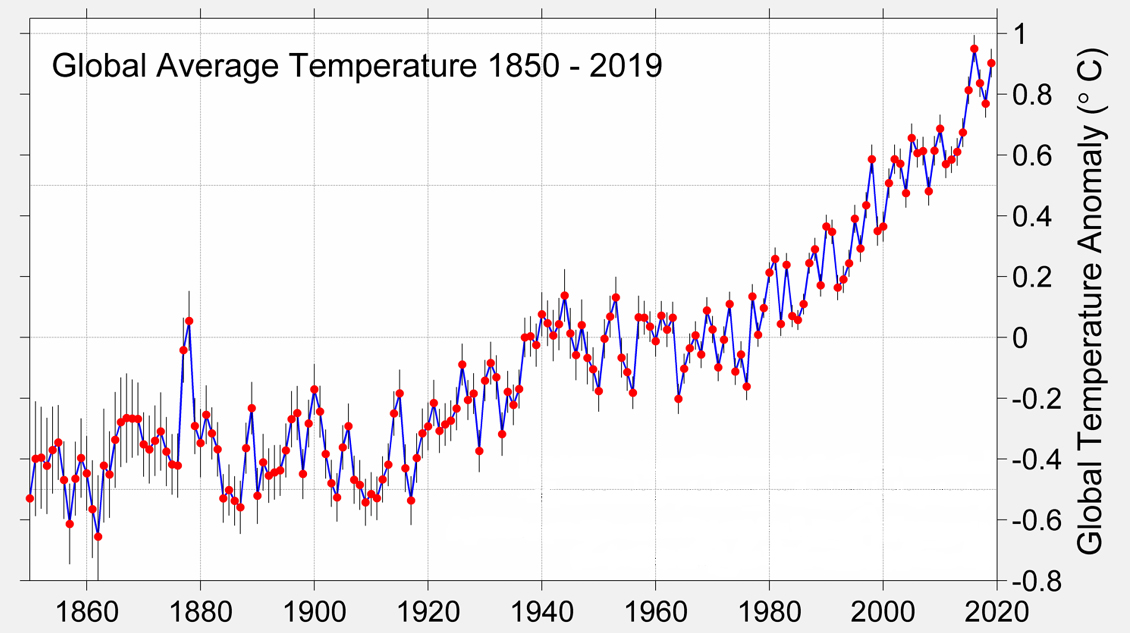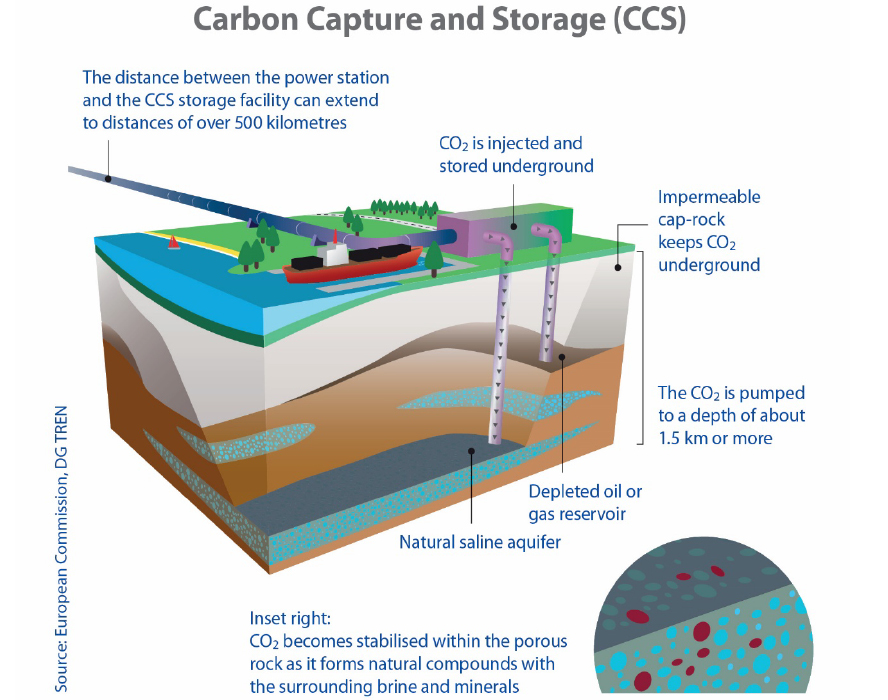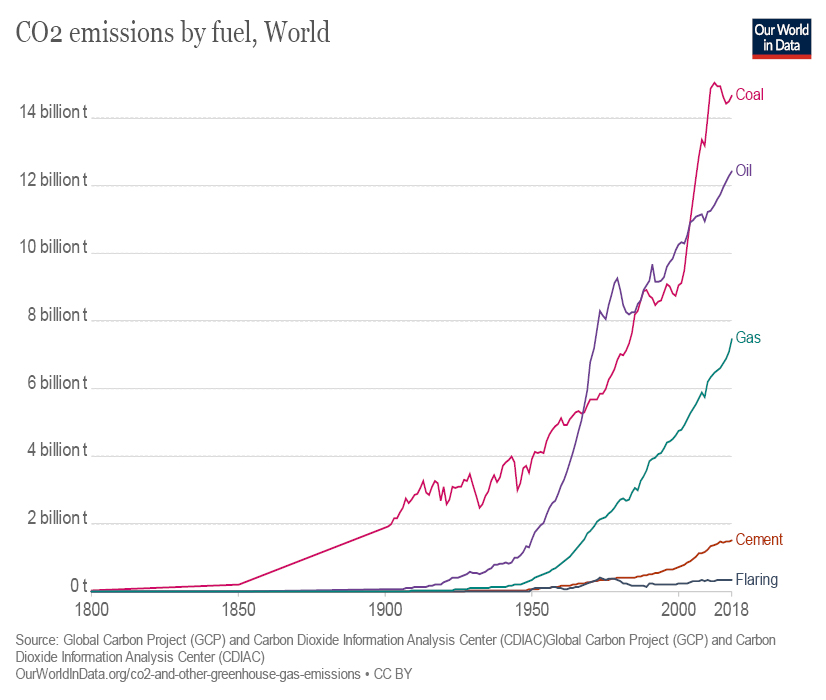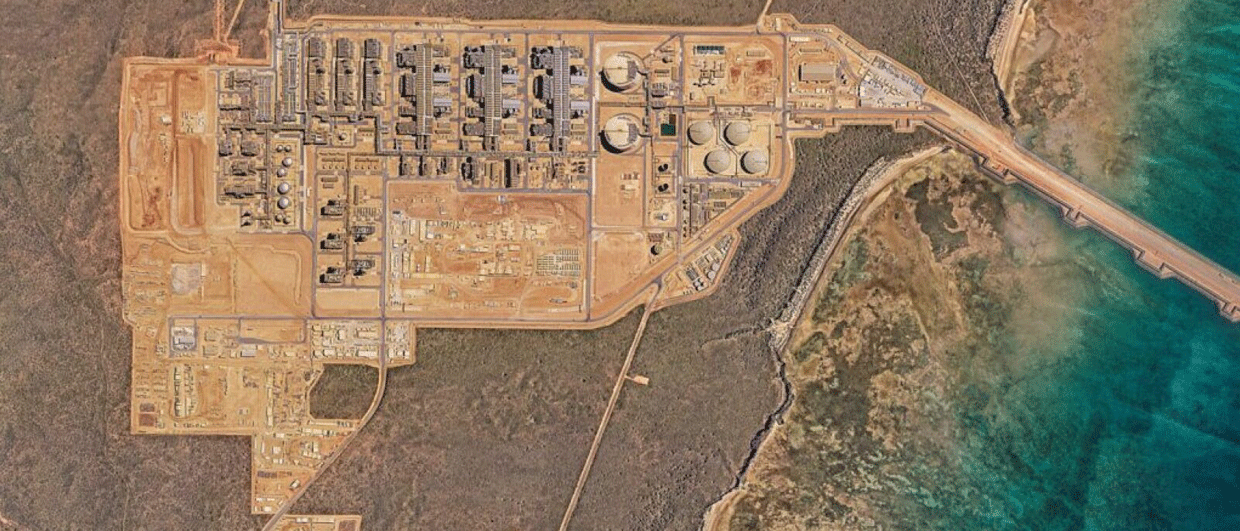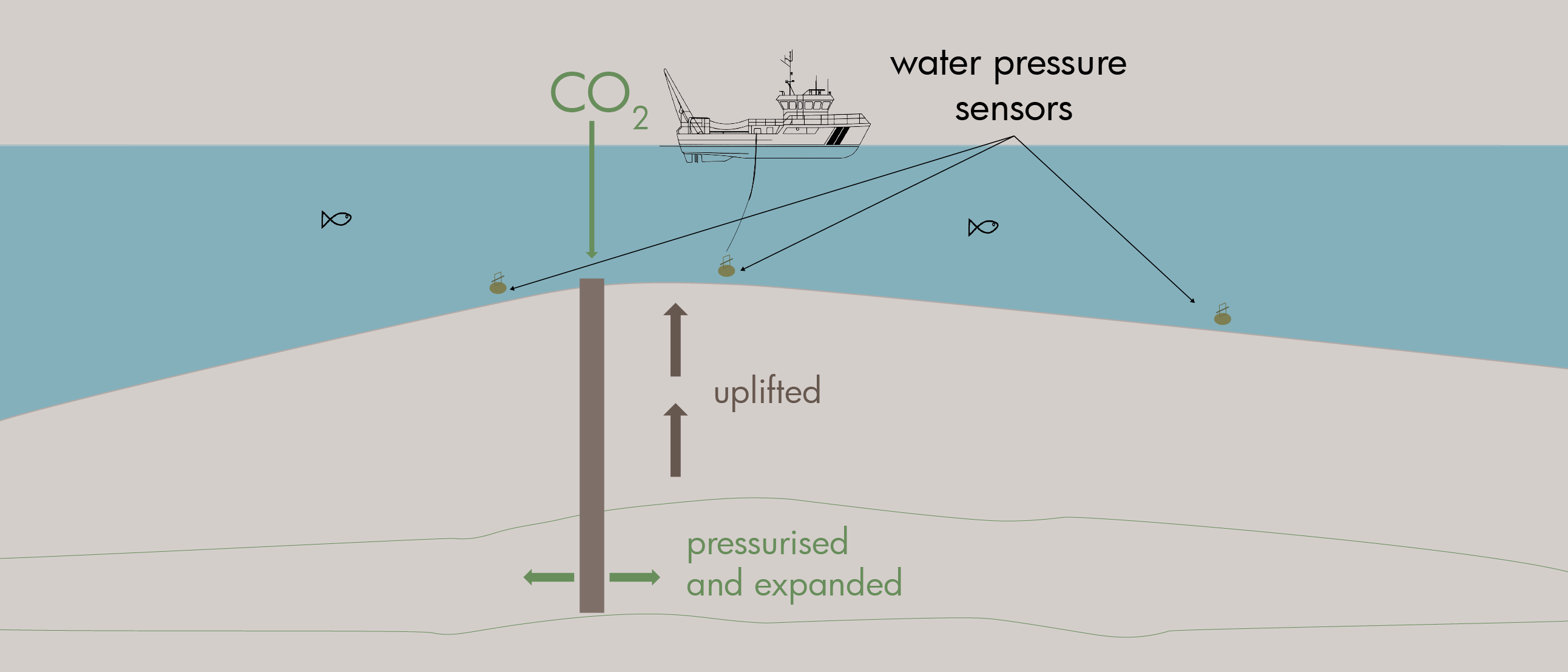Discussing climate change and its impact can be an especially uncomfortable subject for some in the oil and gas industry. However, it is an important conversation and one which must be had if the industry wants to not only survive but thrive in the second half of this century. Climate policy does not mean the end of the oil and gas industry, but an effective transition from our current carbon economy to a green economy will require oil and gas companies to strategise, restructure and reposition within the broader energy industry.
Geoscientists in the 21st century are living in unprecedented times for their profession. Society will become less reliant on hydrocarbons, with demand projected to decrease towards the second half of the century. As a consequence of prior emissions, the UN Intergovernmental Panel on Climate Change (IPCC) estimates that by the year 2100, 100 gigatonnes of CO₂ – double the current annual carbon output – will need to have been sequestered from the atmosphere to keep global temperature increases below 2°C. It is also doubtful whether this temperature target will be achieved. There is overwhelming consensus amongst climate scientists that anthropogenic activity is responsible for the most recent episode of climate change (Cook et al., 2016), although public sentiment remains less well defined. Climate-related natural disasters cost the global economy $650 billion between 2016 and 2018 and the social and financial cost of these as a consequence of their increasing frequency and strength will only grow as the world awaits solid climate action.
Some governments are heeding the calls of climate scientists, opting to adopt long-term emissions reduction strategies and hard emissions targets, whilst others are taking a more tentative approach towards climate change. Bans on internal combustion engine cars and a decreasing reliance on hydrocarbons for power, plastics and heating in favour of greener alternatives have already begun to contribute to a slowdown in the increase in global demand for fossil fuels. The future of climate policy and the direction that governments choose to take remains complex, with unpredictable policy directions still lying ahead for many, particularly in developing nations where investment may be lacking.
Contributions and Solutions from O&G
Oil and gas industry operations are directly responsible for 9% of all anthropogenic greenhouse gas emissions, with a further 33% of emissions being produced from burning fuels. The industry is under increasing pressure to reduce emissions, and there is renewed focus on a broader decarbonising of society. As a result, activist investors are exerting pressure on integrated oil companies to reduce the intensity of emissions from operations in their portfolios. The act of decarbonising also presents a business case, as climate change intensifies the likelihood that the global community will reach an international consensus about reducing emissions, making the introduction of a carbon reduction tax inevitable. Large IOCs are best placed to lead this charge, and those which want to remain competitive are investing in optimising their operations for emissions reduction. In an increasingly likely scenario where a global carbon tax exists, emissions reduction will equal cost reduction, and the companies which have the lowest carbon emissions will likely have the lowest cost operations.
Net-zero refers to operations with total offset of carbon emissions. This can be isolated to upstream or midstream but it is often used to refer to total operation decarbonisation. The reality is that oil and gas companies will have to achieve near net-zero status if global temperature increases are to be kept below 2 degrees from baseline. There is a worry that the word net-zero is being overused or misconstrued by aggressive greenwashing marketing campaigns. Some operators have diluted down the true spirit of net-zero targets by adopting the term to refer to soft targets or carbon reduction initiatives backed by a lack of action and commitment.
A 2020 report by McKinsey identified that if the oil and gas industry plays its part in mitigating the effects of climate change, it must reduce its emissions by 3.4 gigatonnes of CO₂ per year by 2050, a 90% reduction from current emissions. The report found that many current emissions could be feasibly reduced across operations through investment in solutions currently available such as carbon capture (CC) and vapour reduction techniques. Some companies are already embracing CC, and as of June 2020 there were 59 CC facilities worldwide with a capacity of 127 million tonnes per annum, with plans for more industrial-scale facilities in the 2020s. A recent study from Stanford has shown that eliminating flaring to levels already achieved by Norway could help reduce what is considered to be the most polluting part of oil extraction, removing 700 million gigatonnes of annual emissions.
Diversification
Some majors are taking portfolio diversification in their stride, repositioning themselves as integrated energy companies. Transitioning to a more generalised energy focus presents opportunity: diversified portfolios allow majors to shield themselves from fluctuations in oil and LNG prices, which have been shown to be particularly sensitive to geopolitical situations. In some cases, however, climate commitments from majors have been lacking; ExxonMobil, for example, plans to increase emissions by 17% from 2017 to 2025. Other oil companies have moved to position themselves as role-models outlining long-term commitments towards decarbonisation and net-zero operations. BP, Equinor, Total and many other majors have adopted net-zero targets with ambitious plans to offset end-user emissions, declaring a desire for net-zero status by 2050 in line with the Paris accords. Clear strides to reduce the carbon output and bolster green credentials in the oil and gas industry are refreshing, and some companies are making a concerted effort to act in key areas of green investment and low-carbon operations.
However, the reality remains that oil and gas companies are currently under no global obligation or pressure to change their operations. There currently exists no international oversight, tax-initiatives or global, industry-specific carbon targets. Multilateral initiatives such as the Paris climate accord are a welcome step in the right direction, although the previous US administration’s attempted withdrawal dealt a setback to global cooperation. The lack of oversight and enforcement of strong emissions targets makes it easy for governments and corporate entities, particularly those in the developed world, to offshore emissions to countries with more relaxed environmental laws through the use of carbon credit exchanges and the geographic reallocation of operations.
The industry remains divided. On one side there is an imperative to be prepared for climate change by ensuring that the sector is adequately skilled and retooled. Sitting on the other side of the table lies a more complacent group of actors who are banking on softer regulations and less impactful regulatory changes. If a stricter regulatory environment is imposed on the industry over the next ten years, it will be the companies that have made large investments in clean emissions technology and portfolio diversification which will thrive. However, there still lies the worry that carbon reduction innovations and action is being outpaced by the rapid growth in annual emissions, and humanity is running out of time to remain below the critical 2-degree mark.
Petroleum Geologists in the New Frontier
Petroleum geologists can unfortunately have a somewhat unsavoury image in the public eye; a ‘profession of the past’. Oftentimes it can feel as if there is a dark cloud lingering over the horizon for those working in the industry, especially after the substantial job losses globally following the oil price collapse in early 2020. Hope is not lost though, since the same skills which allow geologists to find and extract oil can also be used for experimental and industrial CCS projects, and in the shorter term they still play a key role in assisting in the global transition away from coal. Geologists can play a leading part on the frontline of the inevitable green economy transition, but this is poorly publicised. There is an imperative to change the public’s perception of petroleum geology and to promote an image of how the industry will help enable the energy transition. However, with university enrolments in geology programmes declining, it is vital that the geological community unite to reinvigorate the image of the 21st-century petroleum geologist; someone who is forward looking, environmentally conscious, innovative and ready to embrace the challenging times the industry inevitably faces.


